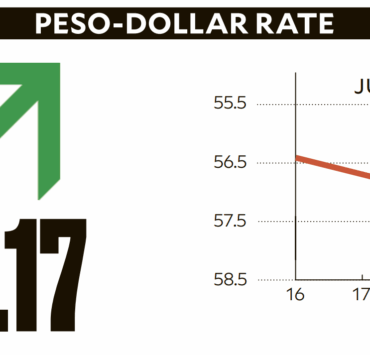Moody’s: Ties with conglomerates boon, bane for PH banks

Having ownership ties with conglomerates could be a double-edged sword for Philippine banks, whose asset quality could significantly deteriorate if these large companies were to experience financial distress.
In a commentary, Moody’s Ratings said that while conglomerate shareholders have helped boost the balance sheet and loan portfolio of banks by providing capital and corporate lending opportunities, such a tight relationship also increases related-party risks.
The global debt watcher also noted how Philippine companies remain highly dependent on banks for funding in the absence of a deep capital market. This, Moody’s said, could become a problem for lenders if corporate borrowers were to struggle to pay their debts during moments of economic downturn.
“If some of these borrowers were to default, it could lead to sharply higher loan loss provisions and loss of interest income, which would pressure banks’ net interest margins as well as their capital ratios,” the credit rating agency said.
Meanwhile, “financial distress in a conglomerate could have a cascading effect on its subsidiaries, including the banks they own; this would amplify shocks and lead to broader financial instability,” it added.
Excluding their lending to each other, the outstanding loans held by the Philippine banking sector reached P14.4 trillion as of April. Of that amount, P11.8 trillion went to loans for businesses, cornering 80.86 percent of the industry’s overall lending portfolio.
For its part, the Bangko Sentral ng Pilipinas (BSP) wanted to expand its review of banks’ related-party transactions to spot potential conflicts of interest and financing risks from loan exposure to big-ticket infrastructure projects.
Specifically, the BSP wants universal and commercial banks that are part of financial conglomerates to disclose all the entities in the group, including beneficial owners of shareholdings.
Moody’s acknowledged that the BSP is well aware of potential systemic risks associated with bank-conglomerate linkages.
“Although related-party transactions are clearly disclosed, the further the relationship of the related NFC (nonfinancial corporates) is to the bank, the less likely the transaction would be explicitly disclosed,” it said.
“Furthermore, regulation does not reduce systemic risks as NFCs can also borrow from other non-related banks, creating further linkages through non-related lending relationships,” it added.





















